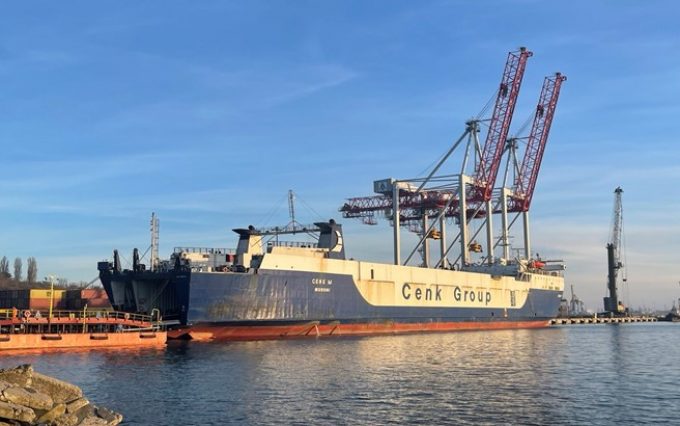Sanctions-busting forwarder jailed, while Europe 'ramps up the pressure'
An Israeli forwarder has been handed a two-year jail stretch for breaching US sanctions on ...

War in Ukraine has forced the re-routing of cargo out of the country, creating rapidly changing freight paths and new facilities, as companies see opportunities arise from the conflict.
A considerable part of regional Black Sea trade between Ukraine, Turkey, Romania, Bulgaria, Georgia was carried out via ro-ro shipping, which transported rail wagons as well as trucks and various other vehicles, according to Ukrainian transport consultancy Informall BG.
While Black Sea regional trade has seen ferry services come to a virtual standstill ...
'It’s healthy competition' Maersk tells forwarders bidding for same business
Transpacific sees first major MSC blanks as rates fall and volumes falter
US shippers slam USTR port fee plan – 'an apocalypse for trade'
Opposition builds for final hearing on US plan to tax Chinese box ship calls
Despite sourcing shifts, 'don't write-off China', says CMA CGM CCO
White House confirms automotive tariffs – 'a disaster for the industry'
Cargo chief quits WestJet as freighter operations cease
New price hikes may slow ocean spot rate slide – but for how long?

Comment on this article